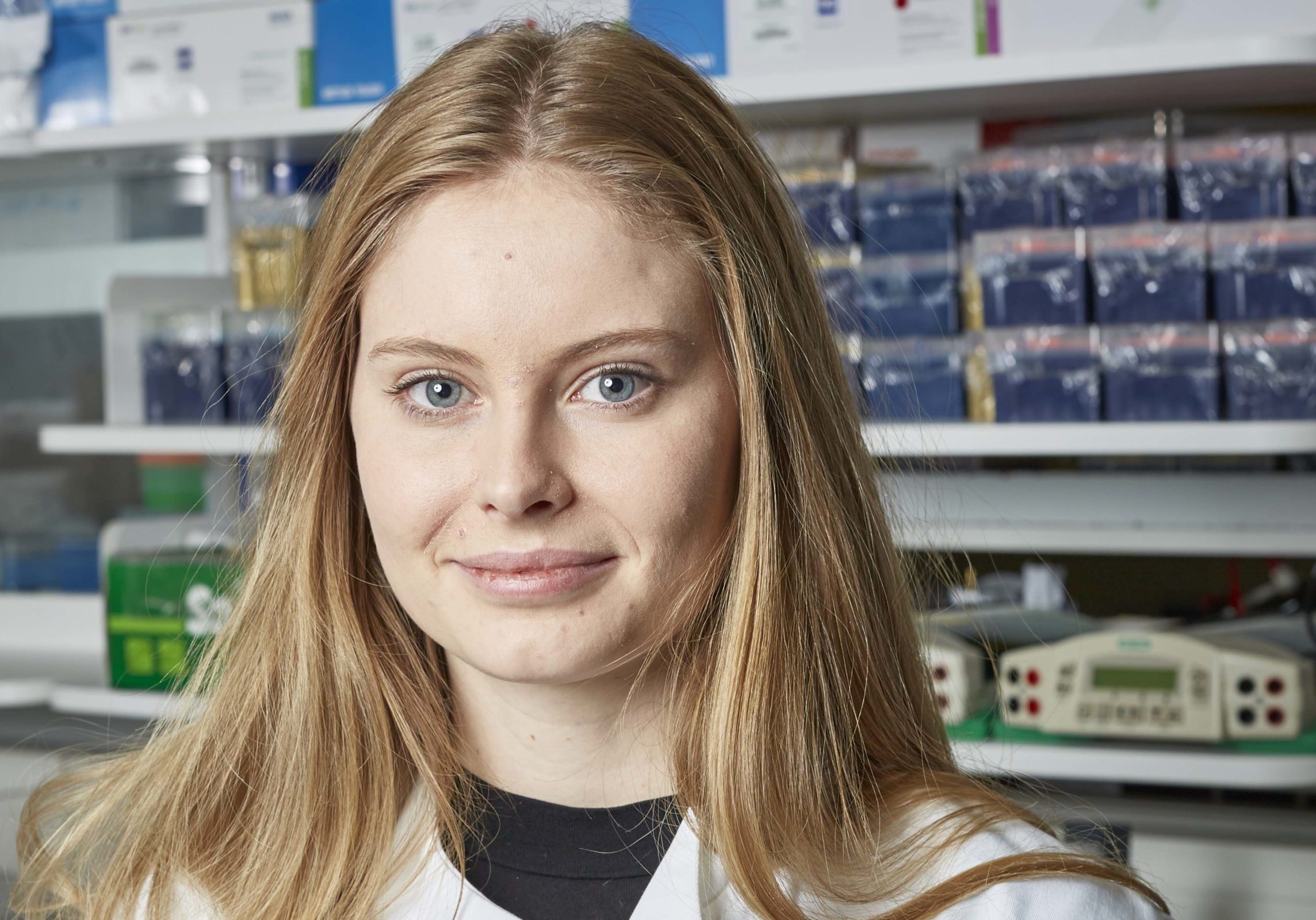Generation of MYB-NF1B translocations using CRISPRCas9 technology in salivary gland cells as a model for adenoid cystic carcinoma
Tag: New treatment

Project type:
PhD Project
Project Leader:
Dr Amanda Swain and Prof Kevin Harrington
Researcher:
Mercy Fleming (pictured)
Commencement date:
October 2019
Length of project:
4 years
Funding provided:
£148,109
Funders:
Swire Pioneers Fund
The Robert Luff Foundation
MCMLXII Foundation
Location:
The Institute of Cancer Research
Adenoid cystic carcinoma (ACC) of the salivary glands is a slow growing cancer that often spreads and has low survival rates.
Standard of treatment is limited to surgery to the primary site, often followed by a course of radiotherapy. Sadly, many patients relapse, and when the disease comes back or spreads, no drug therapy has been found to be effective.
This is the third project that Oracle is funding to discover new treatments for ACC, an area that is very poorly researched - and Oracle is currently investing over £450,000 discovering new treatments for this rare but devastating type of cancer.
ACC is characterised by specific rearrangements of the DNA in the tumour. Specifically, a process that knits together pieces of DNA from two separate chromosomes to form a new unique sequence (called a fusion gene) is common in this disease. This project aims to understand how the protein that is made from this fusion gene drives cancer progression in the salivary gland.
The team will use novel genetic engineering tools and growth of mini organs using 3D methodology to generate preclinical models that are currently not available in the field.
Through the analysis of pre-clinical models, which will include identifying drug sensitivities, the team will aim to provide information that will aid clinicians in designing new therapies to offer effective treatment for patients with ACC.
Help fund this project
For more information on funding our Research Projects please email us
Donate now and together we can save more lives by beating cancer sooner.


